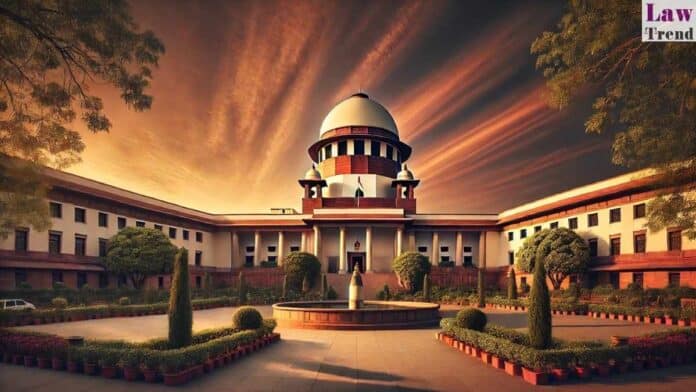The Supreme Court of India has held that a conviction cannot be sustained when the prosecution fails to establish the genesis and manner of the incident with certainty, ruling that such a failure vitiates the entire case. A bench of Justice Sanjay Karol and Justice Sandeep Mehta, while acquitting four men in a 35-year-old murder
To Read More Please Subscribe to VIP Membership for Unlimited Access to All the Articles, Download Available Copies of Judgments/Order, Acess to Central/State Bare Acts, Advertisement Free Content, Access to More than 4000 Legal Drafts( Readymade Editable Formats of Suits, Petitions, Writs, Legal Notices, Divorce Petitions, 138 Notices, Bail Applications etc.) in Hindi and English.




